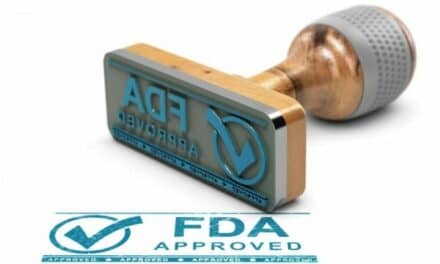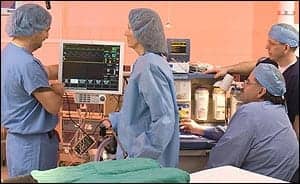Stimdia Medical Inc., Minneapolis, an emerging leader in the development of technology to reduce weaning time for patients on mechanical ventilation, announced the company’s pdSTIM System has received Breakthrough Device designation from the U.S. FDA.
This designation is reserved for products that offer unique potential for difficult to treat conditions and affords manufacturers greater access and priority to the FDA during the regulatory process. This system will provide clinicians a tool to address high-risk patients, including those with COVID-19, by providing a minimally invasive neurostimulation solution to recondition the diaphragm, the primary muscle utilized in respiration.
“Mechanical ventilation is an essential intervention and is utilized in the management of over 10 million patients throughout the world each year. Unfortunately, they are also associated with a significant risk of complications. Ventilator-induced diaphragmatic dysfunction or VIDD is one common complication resulting from a weakened diaphragm due to disuse while on ventilation,” says Daniel Talmor, MD, professor of anesthesia and critical care at Beth Israel Deaconess Medical Center. “This impaired state further compromises the ability to liberate patients from mechanical ventilation and increases patient morbidity, mortality, and healthcare costs.”
“Receiving FDA Breakthrough Device designation for the pdSTIM System will help prioritize the process for obtaining regulatory authorization in the U.S.,” says Tim Miller, general manager, Stimdia Medical. “Over 40% of ICU admissions in the U.S. require mechanical ventilation with an average length of stay of 14 days for ventilated patients and an estimated annual cost of over $27 billion. We believe the pdSTIM System will help to reduce both length of stay and costs by enabling more rapid weaning of patients from mechanical ventilators.”
Featured image: The pdSTIM system is designed to facilitate weaning patients from mechanical ventilation. (Courtesy: Stimdia Medical)





